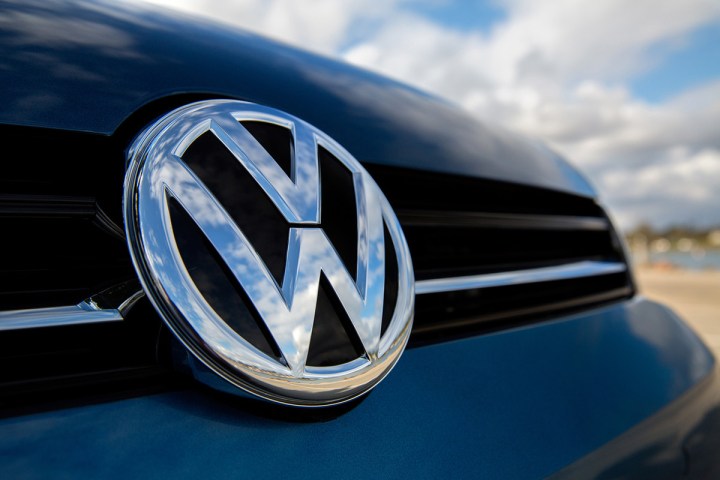
The greater part of the settlement, $10.033 billion, will go to people who own, owned, or leased VWs with diesel engines. People who currently own diesel-powered VWs will be offered the value of their cars as of September 2015 when the company admitted the faulty software plus additional compensation up to $5,100. Owners do not have to sell their cars back to VW, but can keep and repair them and still receive the additional compensation. Former owners will receive half the compensation amount and people who leased diesel cars will also be compensated.
The rest of the federal settlement, beyond payment to owners, includes $2.7 billion to offset excess diesel emission pollution and $2 billion that Volkswagen will invest in zero-emission vehicles and green energy development. If fewer than 85 percent of the affected vehicles are bought back or repaired in 3 years, by mid-2019, the emissions offset penalty amount could increase. VW has to spend the $2 billion in green energy and zero emission developments and infrastructure within the next 10 years, which likely won’t be hard to do with the company’s recently announced focus on electric cars.
An additional settlement with individual U.S. states for excess diesel emissions will also be announced today, and is expected to be at least $500 million, according to Reuters.
Today’s announced settlements don’t include 85,000 Volkswagen group vehicles from VW, Porsche, and Audi with larger, 3.0-liter diesel engines with deceptive software that allowed up to 9 times legal emissions levels. Other fines and penalties may also be coming in the future, and may raise the total cost to $18 billion, but today’s settlement announcement covers the greatest portion of VW’s U.S. Dieselgate nightmare.
The settlements to be announced today are not final, and still have to be approved in federal court. Should the settlement agreement get the court’s blessing, owner buybacks could start in October.



